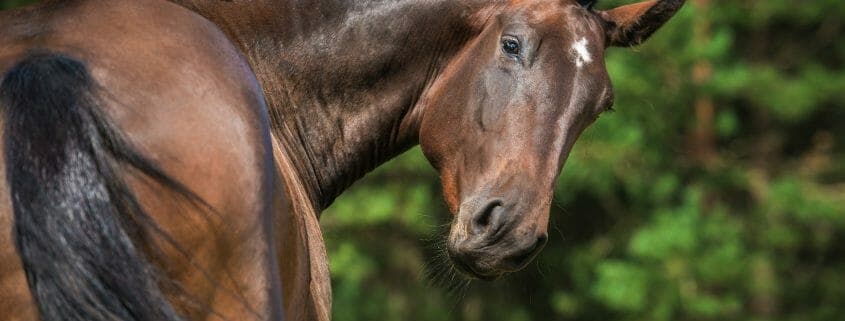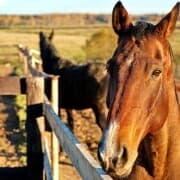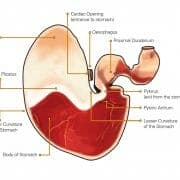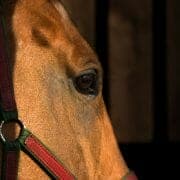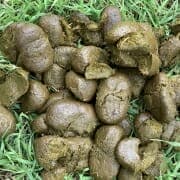How to Treat Free Fecal Water
Do you have a horse that has water that runs out of the anus before, during or after he poos?
This condition now has a name! Free Fecal Water, or FFW. And also, happily it now has some research behind what may cause it as well as a potential treatment.
If it is something you struggle with, read on!
There were multiple presentations on free fecal water at the EEHNC conference. Here is a summary of the main points:
What is Free Fecal Water?
Free Fecal Water (FFW) is a condition in which horses produce normal feces, but before, during or after defecation, free water runs out of the anus.
There appears to be no effect on general health associated with the condition, but it can cause skin irritation and it becomes a management (and appearance) issue for you as the owner.
Causes can include abrupt changes in forages, a change from hay to haylage and use of large amounts of high-moisture wrapped forages. Horses that have suffered previous bouts of colitis, geldings and paint horses are at higher risk. The association for geldings and paints is thought to be due to their position in social hierarchy and higher levels of stress.
Dental health and parasitic infections/fecal egg counts have not been found to be related.
There may be some sort of motility disturbance, with either increased gut motility or abnormally strong gut contractions, and inflammation of the gut involved, all reducing the hindguts ability to absorb water.
What can you do about Free Fecal Water?
It was recommended that management of free fecal water focuses around proper ration formulation to provide a balanced diet using ingredients that will support a healthy gut environment (we of course recommend FeedXL to help with this), as well as good feeding management to provide regular small meals and constant access to forage. It was also recommended to keep starch at a maximum of 1 g/kg bodyweight per meal.
You should also pay attention to the type of forage and fibre being fed, being sure to incorporate fibres that have good water holding capacity. Grass forages for example will hold more water toward the end of the hindgut than alfalfa/lucerne forage or a superfibre like beetpulp will hold.
The final point discussed was potential treatment using a fecal transplant from a healthy horse. In a study with 14 horses with free fecal water, all showed improvement 3 days after being treated via fecal transplant and 2 months after treatment, 7 of the 14 horses had had no re-occurrence of the condition. (Theelen, unpublished). Laustsen et al (2018) reported a second study in which 10 horses with FFW were treated using fecal transplant (or fecal microbiome transplant, FMT). Within a week of treatment their free fecal water score dropped in severity and remained low for the entire 12 month study, supporting the use of fecal transplant for treatment of these horses.
The researchers were careful to point out that all other possible causes of this condition must be ruled out prior to treatment via fecal transplant. They suggested radiographing the abdomen to look for sand, a full rectal exam, testing for parasites, ruling out irritable bowel disease and scoping for gastric ulcers.
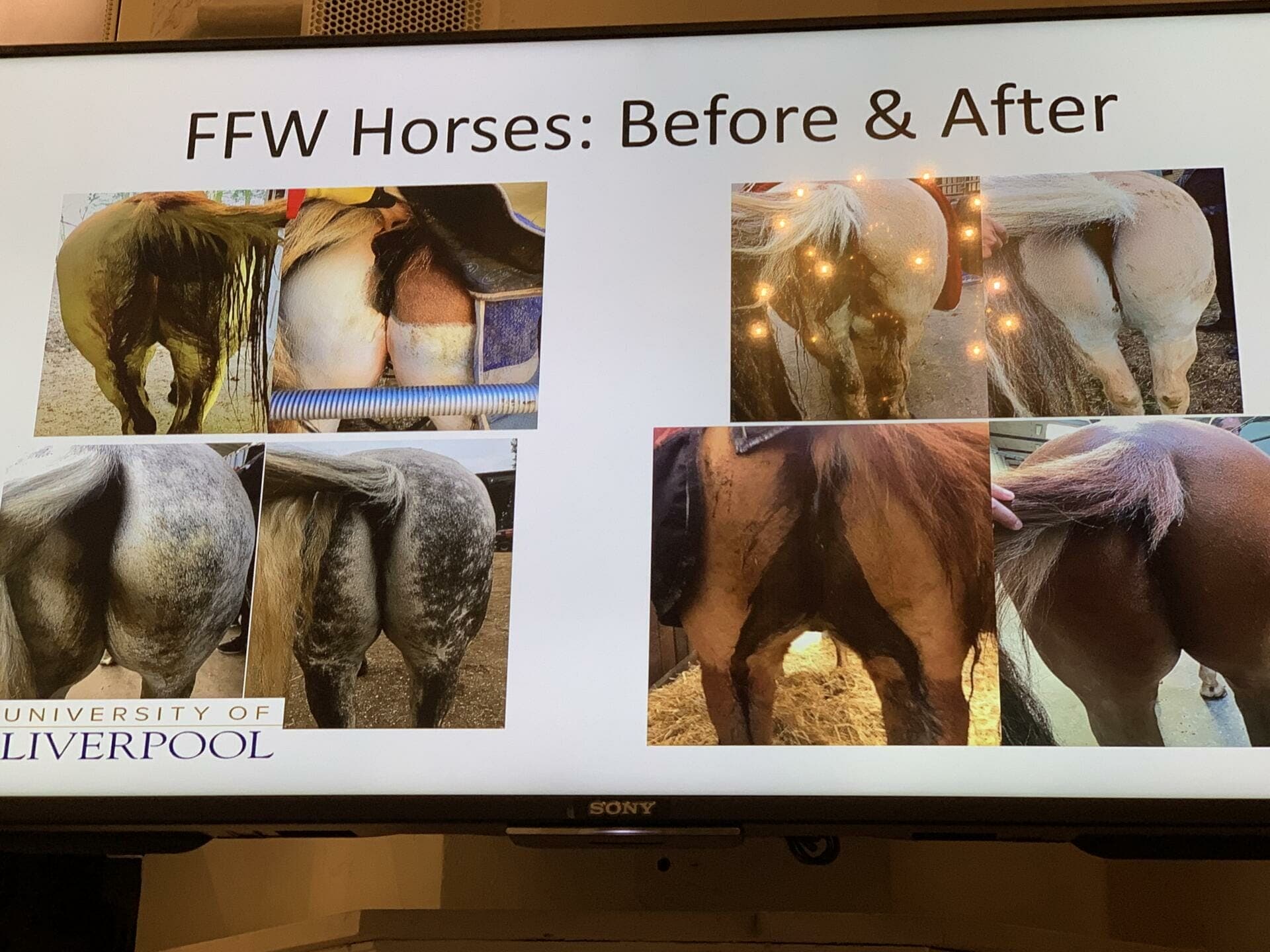
The method for the fecal transplant treatment given was as follows:
- Place horse on omeprazole (full treatment dose) for a couple of days prior to fecal transplant (this will just cut the acid production in the stomach and make it more likely that the bacteria will make it through alive). GREAT IDEA!!
- Take 500 grams of fresh feces from a suitable donor (one who is on a high forage diet with a healthy hindgut and parasite free).
- Gently mix the feces in 2 litres of luke warm water, sieve to remove large particles and then add 100 grams of grass or other fibre only pellets (make sure they are grain free with a very low starch and sugar content). Other options would be alfalfa, soybean hull, beet fibre or lupin hull pellets.
At this stage be careful not to shake the mixture and run a sieve through the mixture to collect large particles as opposed to pouring the mixture through the sieve… this will help to keep the manures exposure to air as minimal as possible because oxygen will kill many of the good bacteria and these are the ones we want very much alive! - Administer via gastric intubation (this is a veterinary procedure and must be carried out by your veterinarian).
If you try this treatment on your horse we would love to know the outcome! We have had success over the years using fecal transplant in horses with chronic diarrhoea, but don’t have experience using it with these free fecal water horses. And the omeprazole step is a brilliant idea as we’d always worried about the poor bacteria getting through the highly acidic stomach, so makes perfect sense to make the stomach environment a little friendlier for them and imagine it will only serve to improve the effectiveness of the treatment.
Reference: Mathijs et al (2019) Free Faecal Water: What do we know and can equine faecal microbiota transplantation be used to manage this issue? European Equine Health and Nutrition Congress, Utrecht, The Netherland
Do you have a question or comment? Do you need help with feeding?
We would love to welcome you to our FeedXL Horse Nutrition Facebook Group. Ask questions and have them answered by PhD and Masters qualified equine nutritionists and spend time with like-minded horse owners. It’s free!
Click here to join the FeedXL Horse Nutrition Facebook Group

